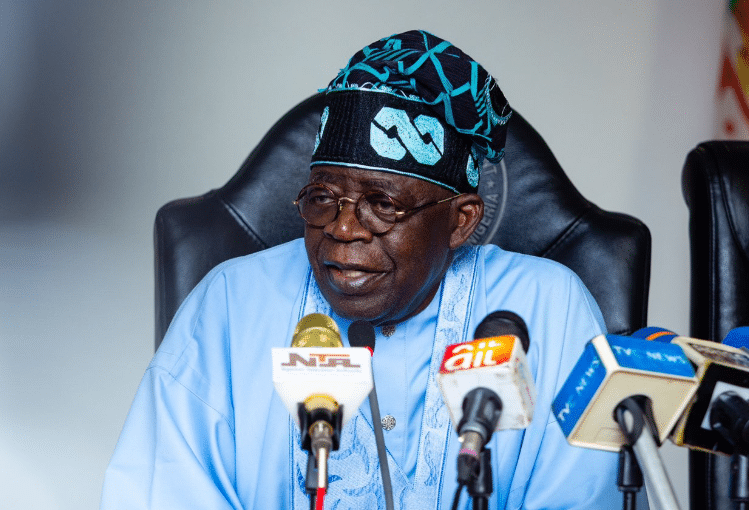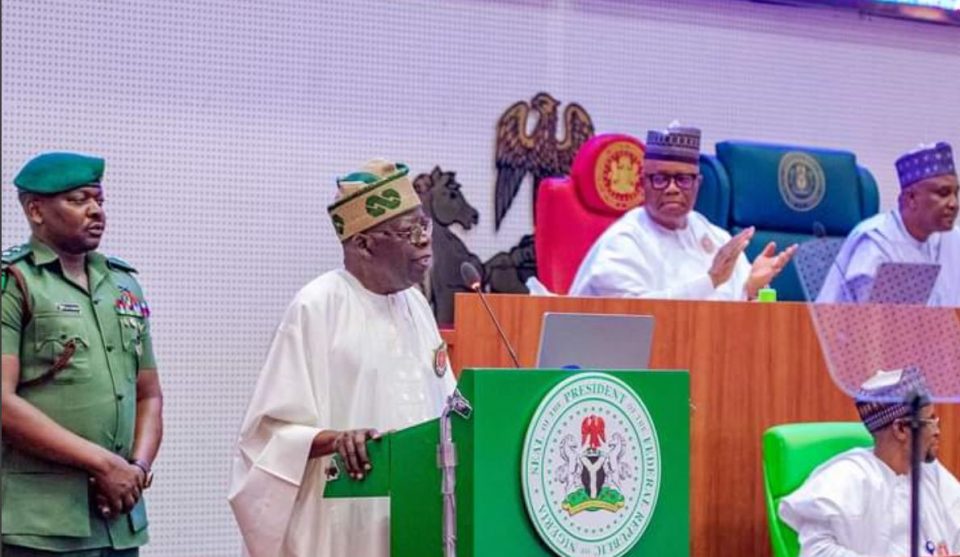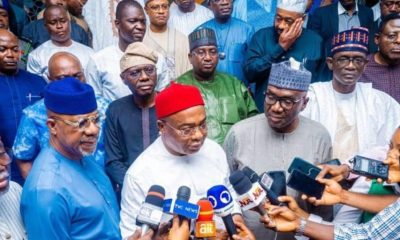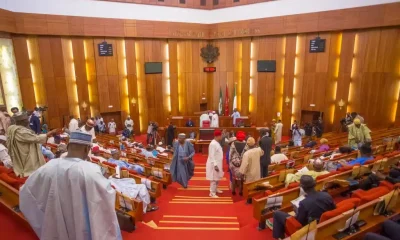News
President Tinubu’s Tax Reform Controversy: Who Gains, Who Loses?

President Bola Ahmed Tinubu has introduced significant tax reforms aimed at reshaping Nigeria’s economic landscape. While these reforms align with his campaign promises to end fuel subsidies and broaden the tax net, they have triggered debates about their potential impact on the average Nigerian. Will these changes provide the fiscal boost the country needs, or will they add to the burdens of struggling citizens?
Modernizing Nigeria’s Tax System
Tinubu’s administration seeks to address inefficiencies in Nigeria’s tax system by introducing four key bills: the Nigeria Tax Bill 2024, the Tax Administration Bill, the Nigerian Revenue Service Establishment Bill, and the Joint Revenue Establishment Bill. The goal is to reduce dependence on oil revenues and create a more equitable tax structure by expanding the tax base and improving compliance.
These reforms aim to generate funds for public services, infrastructure, and social welfare programs. However, their implementation raises concerns about fairness and the financial strain on ordinary Nigerians.
The VAT Debate
A major aspect of the reform is the restructuring of Value-Added Tax (VAT) distribution. The federal government plans to reduce its share of VAT revenue from 15% to 10%, allowing more funds to flow to state governments. Additionally, the new VAT system will allocate funds based on consumption within each state.
This change has sparked criticism from some Northern governors, who fear their states will lose financial benefits. Regions with lower consumption rates, often due to cultural or religious practices, may receive less funding under the new system. Tinubu, however, has defended the move as a step toward fairness, arguing that only those who contribute to VAT should benefit from it.

Tinubu Tax Reform Bills
Progressive Taxation: Relief or Burden?
The reforms include a progressive tax system, taxing higher-income earners up to 25% while exempting those earning below ₦70,000 per month. This approach aims to reduce the burden on low-income households.
Despite this, concerns remain about rising costs. Higher VAT rates on goods and services could lead to price increases, compounding the effects of high inflation and the removal of fuel subsidies. Critics warn that these changes could disproportionately impact middle-class Nigerians.
Accountability and Governance
The success of these reforms depends on how the government uses the additional revenue. Nigerians have long been frustrated by the mismanagement of public funds, and many question whether the funds will be invested in education, healthcare, and infrastructure.
The need for transparency and accountability is critical. Without proper oversight, there is a risk that these reforms will fail to deliver the promised benefits. Public trust in government institutions must be rebuilt to ensure the success of the tax reforms.

The Road Ahead
For Tinubu’s tax reforms to succeed, the government must balance revenue generation with protecting vulnerable citizens. Tangible improvements in infrastructure, healthcare, and employment are essential to gaining public support.
Ultimately, the reforms’ impact will not be measured by how much revenue they generate but by how effectively that revenue is used to improve the lives of Nigerians. As the debate continues, the country stands at a critical juncture, with the future of its economic stability hanging in the balance.
Advertise or Publish a Story on EkoHot Blog:
Kindly contact us at [email protected]. Breaking stories should be sent to the above email and substantiated with pictorial evidence.
Citizen journalists will receive a token as data incentive.
Call or Whatsapp: 0803 561 7233, 0703 414 5611
















You must be logged in to post a comment Login